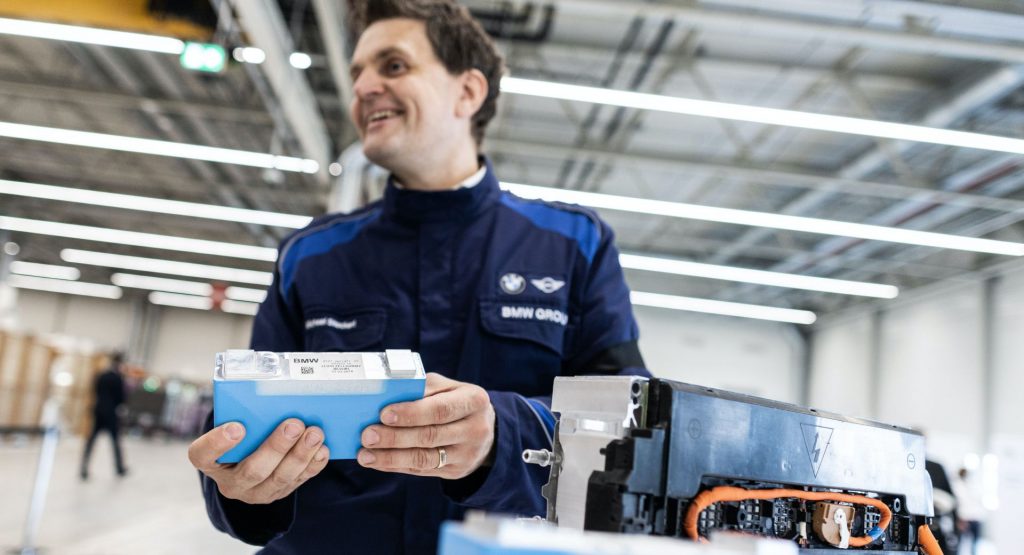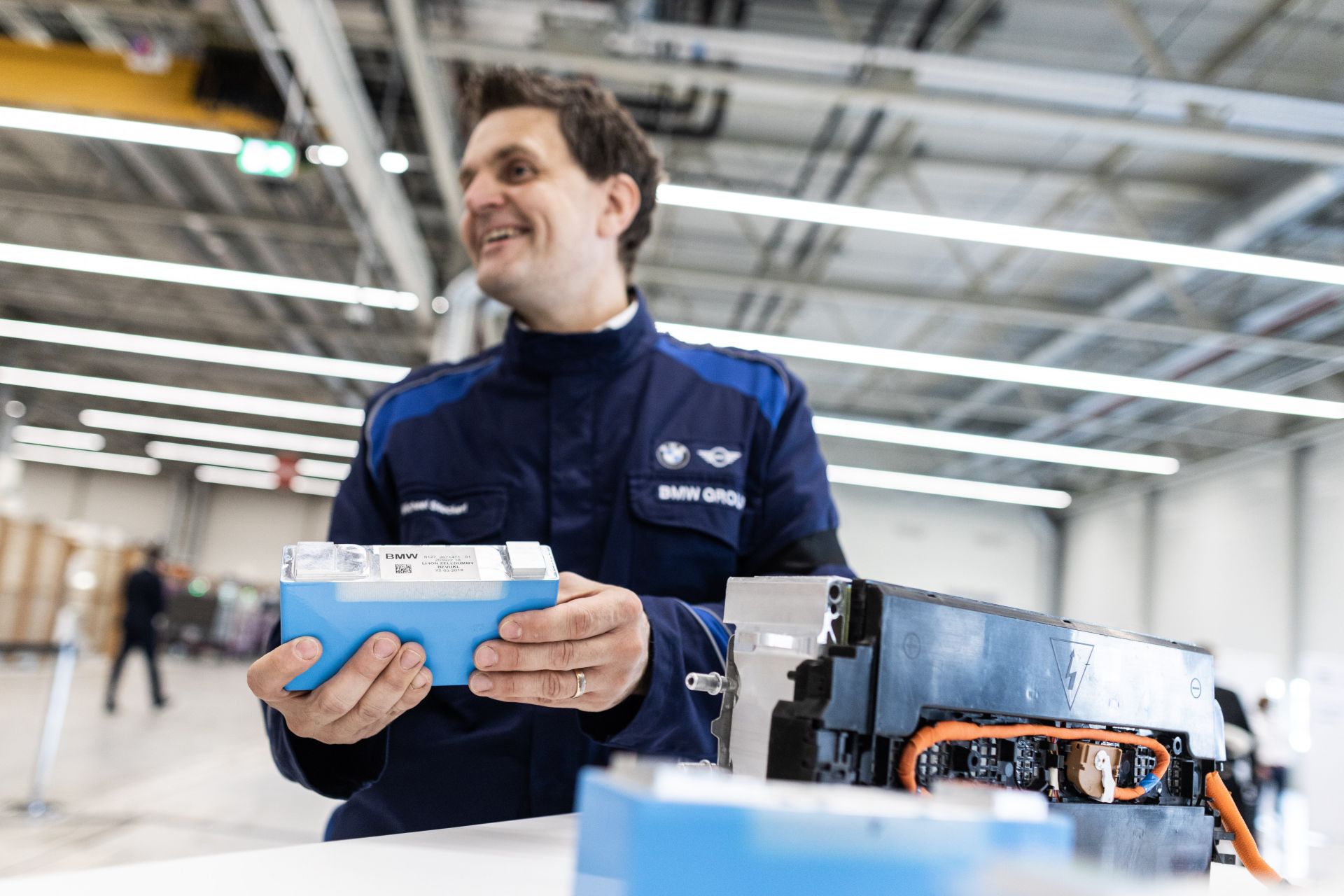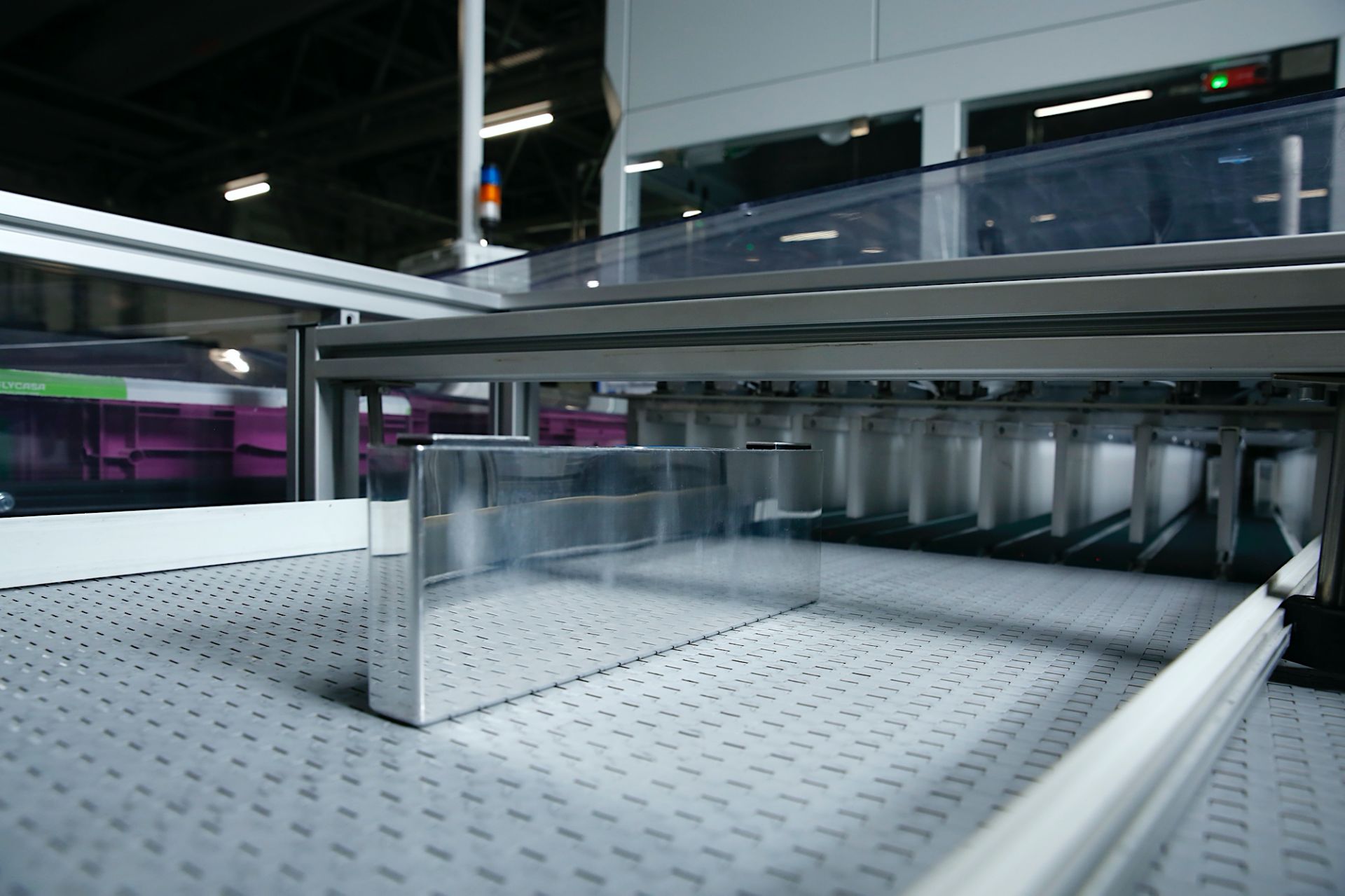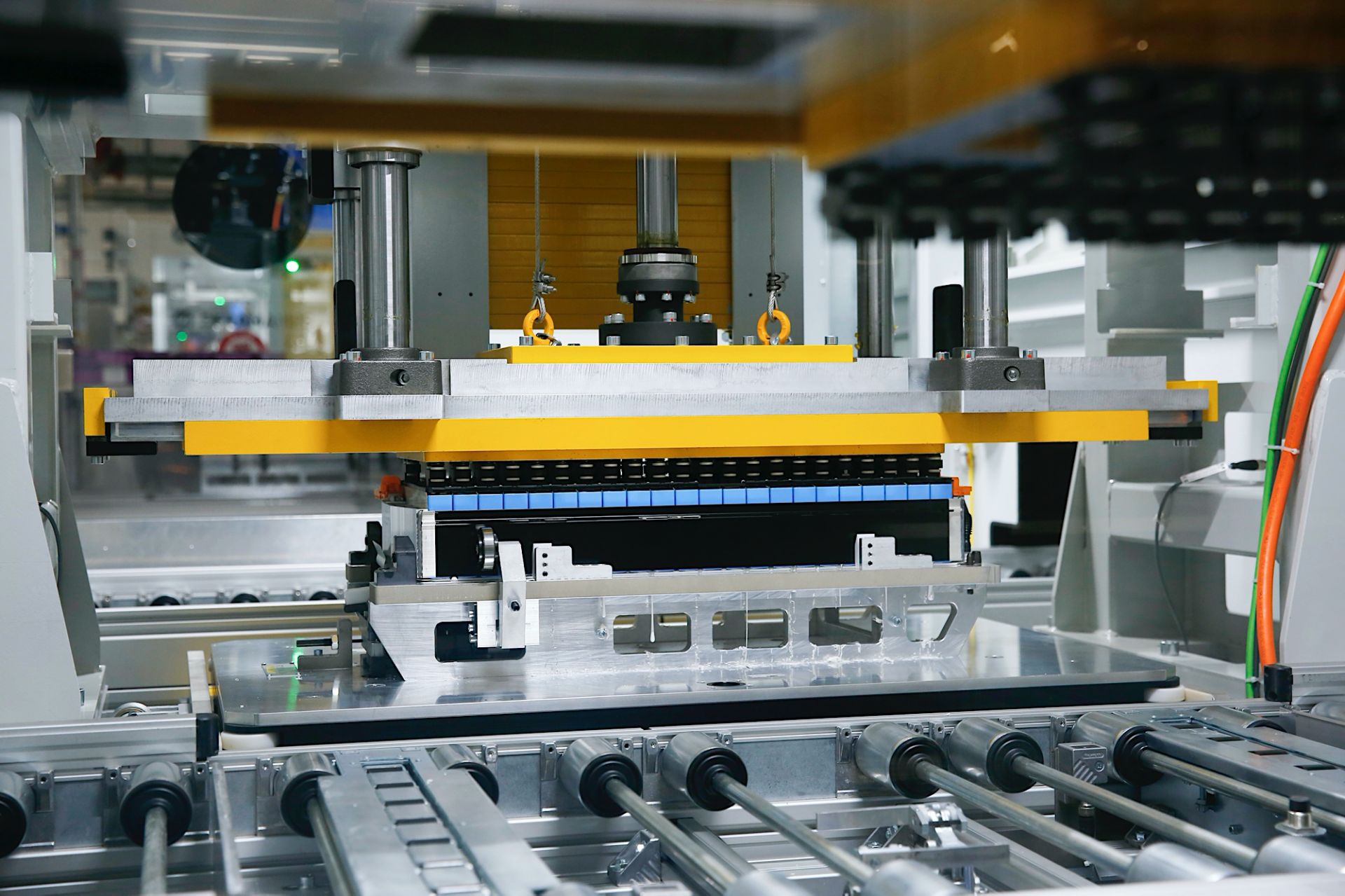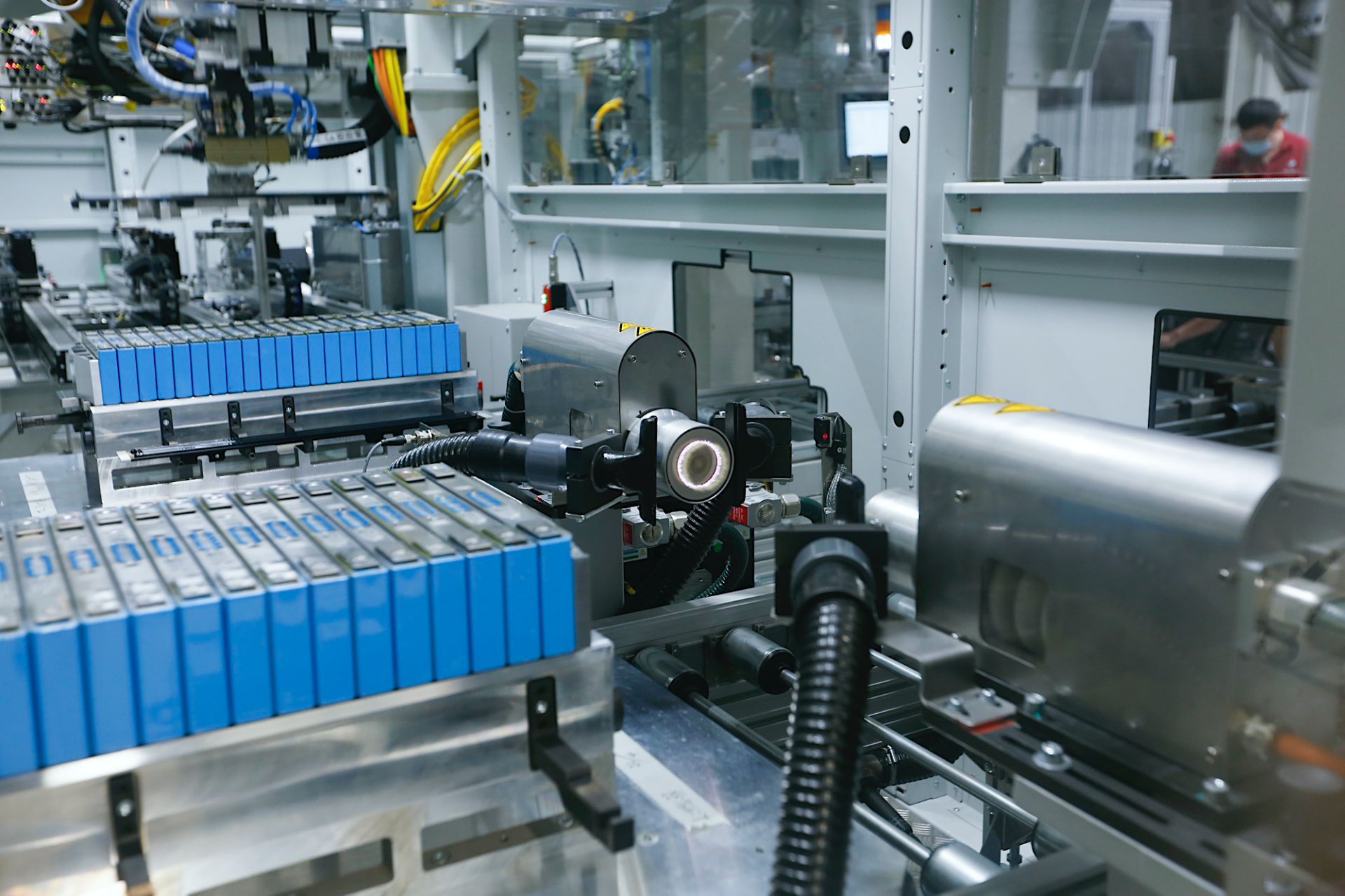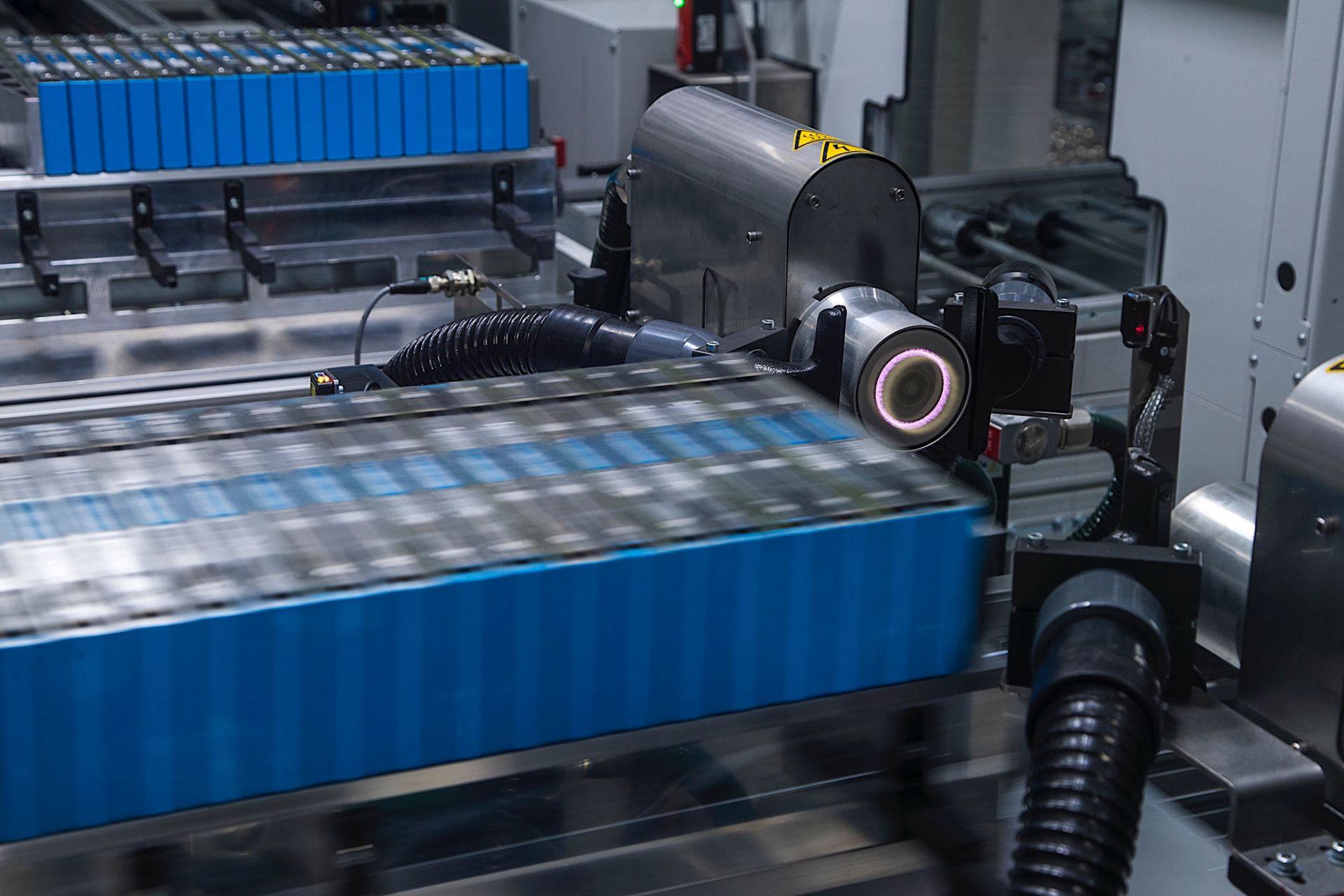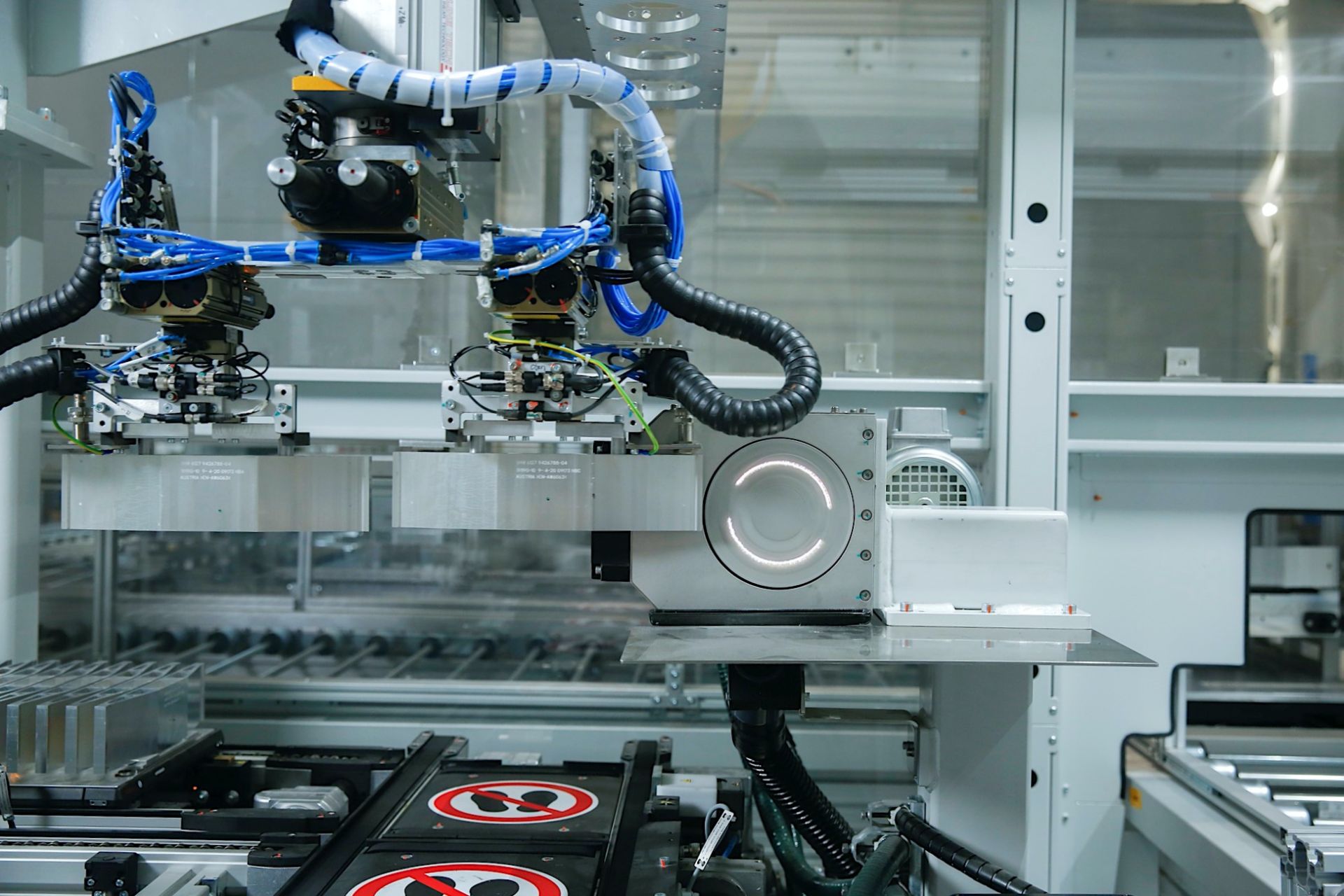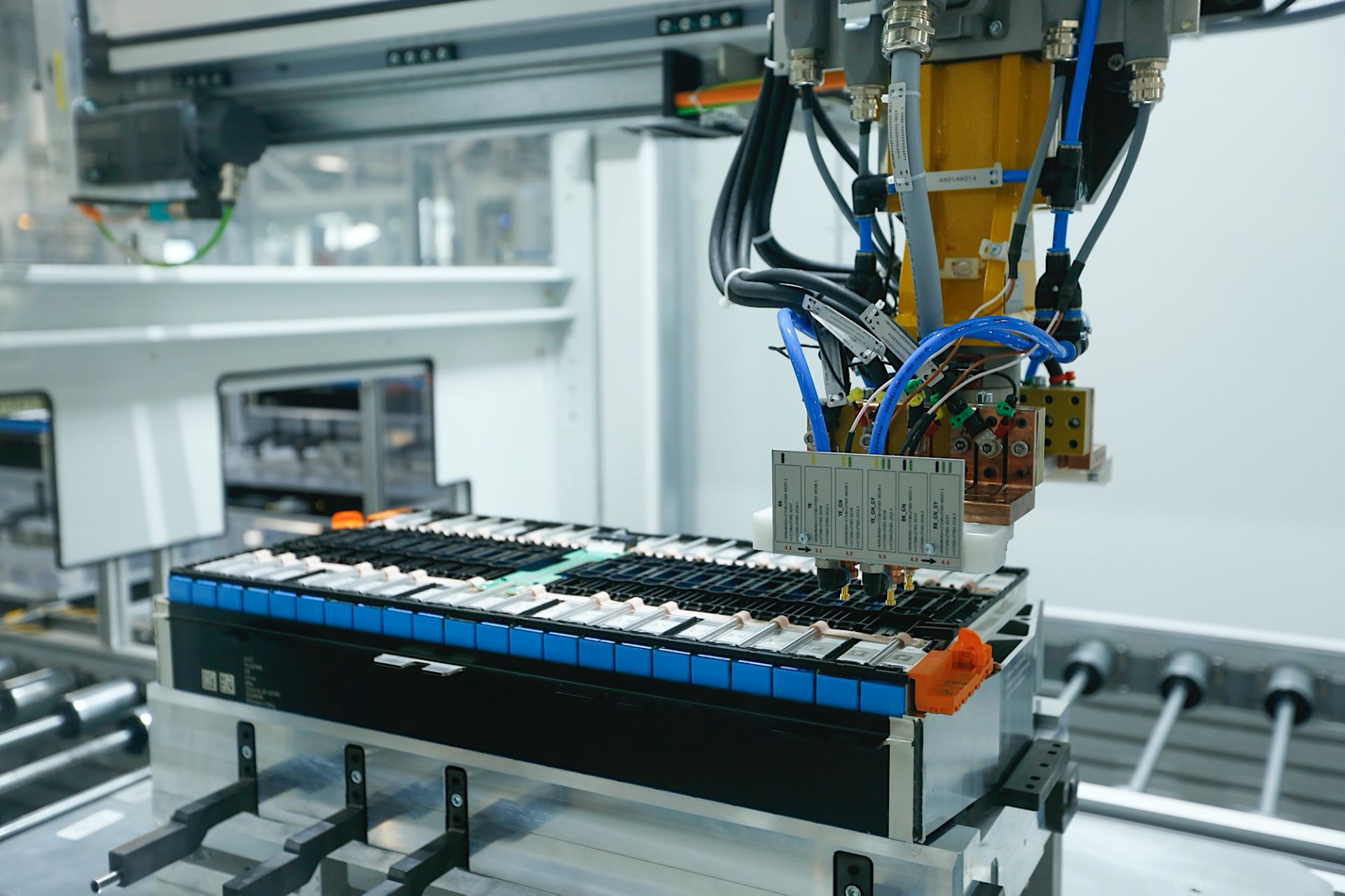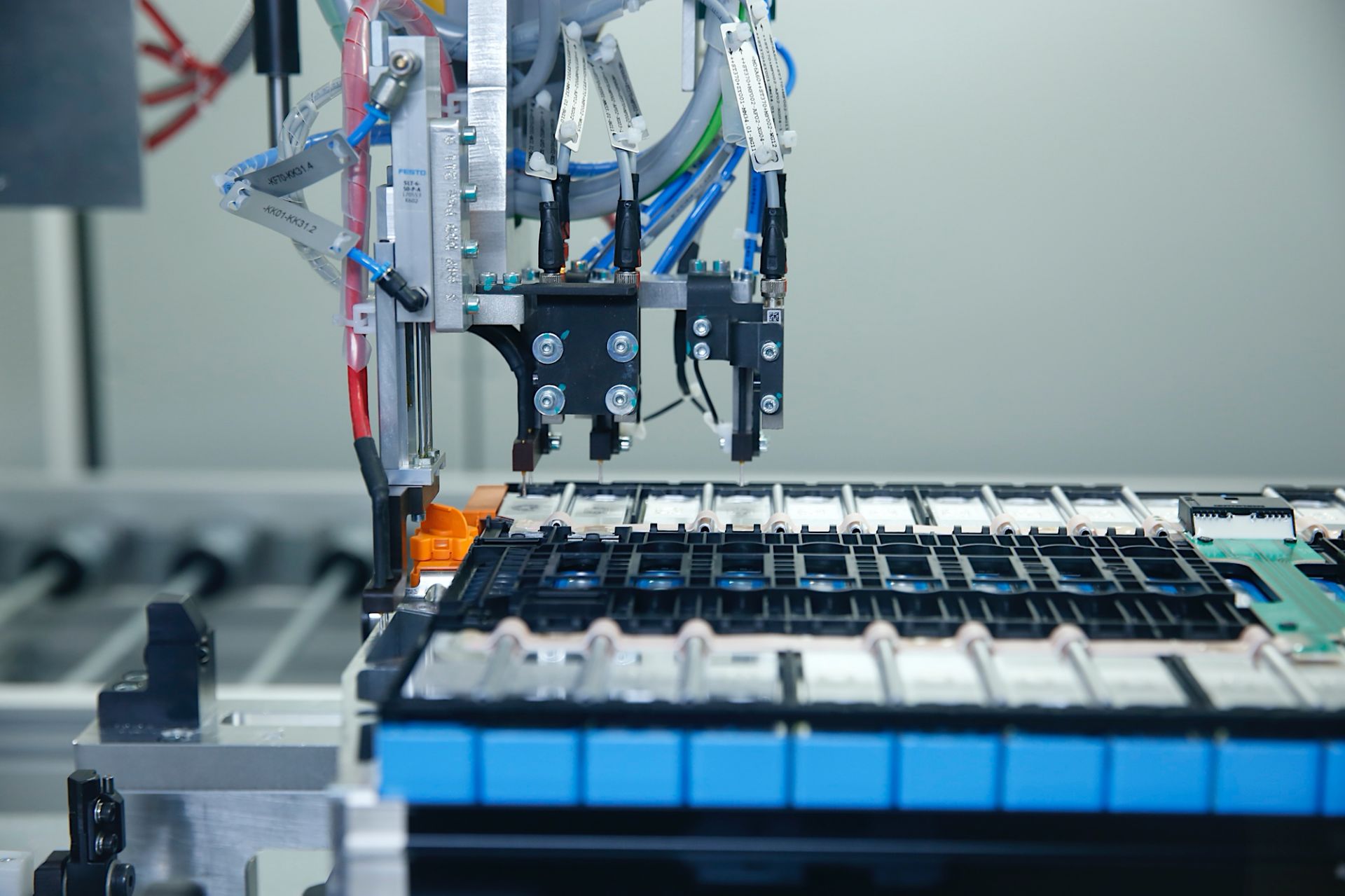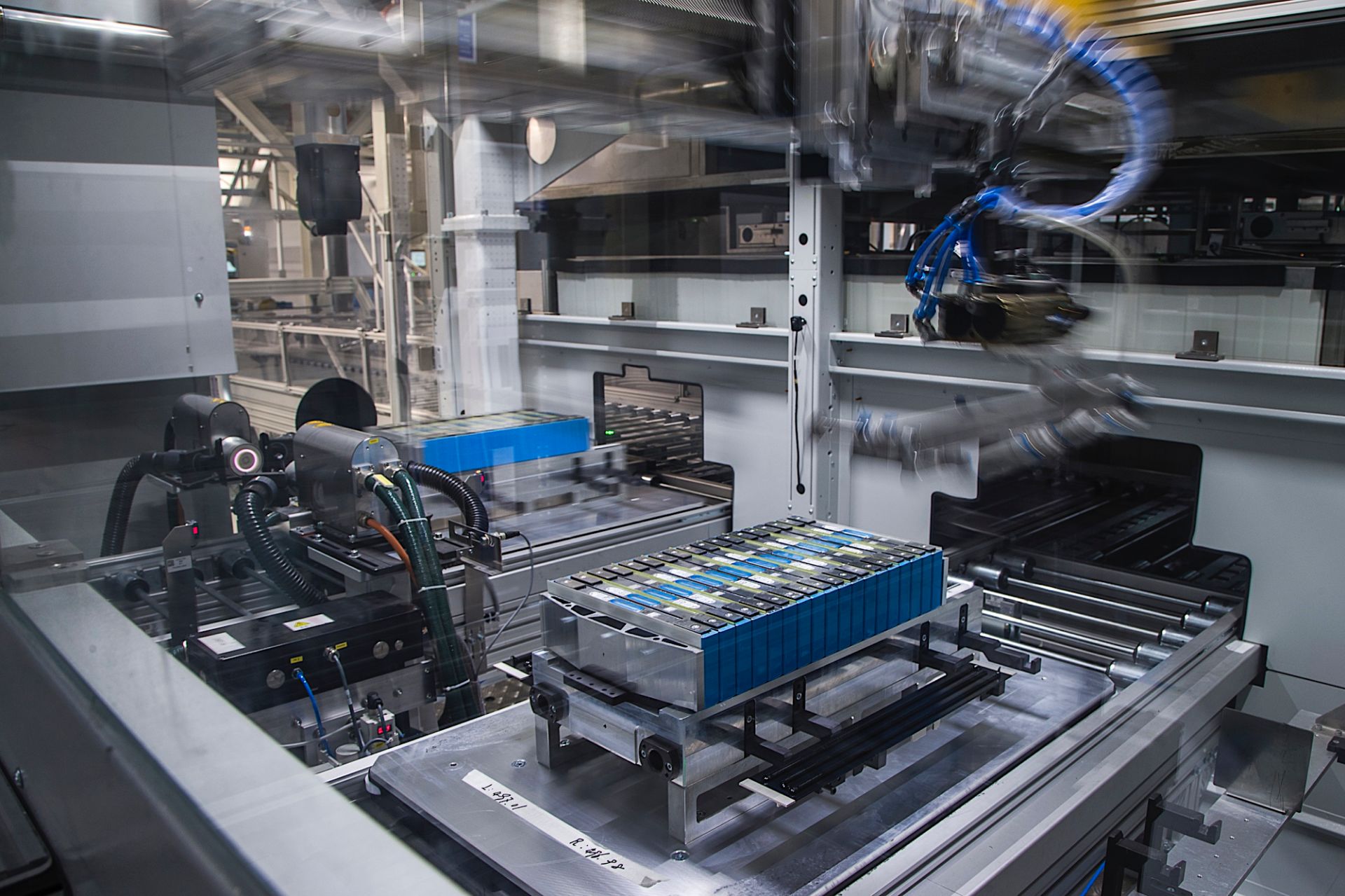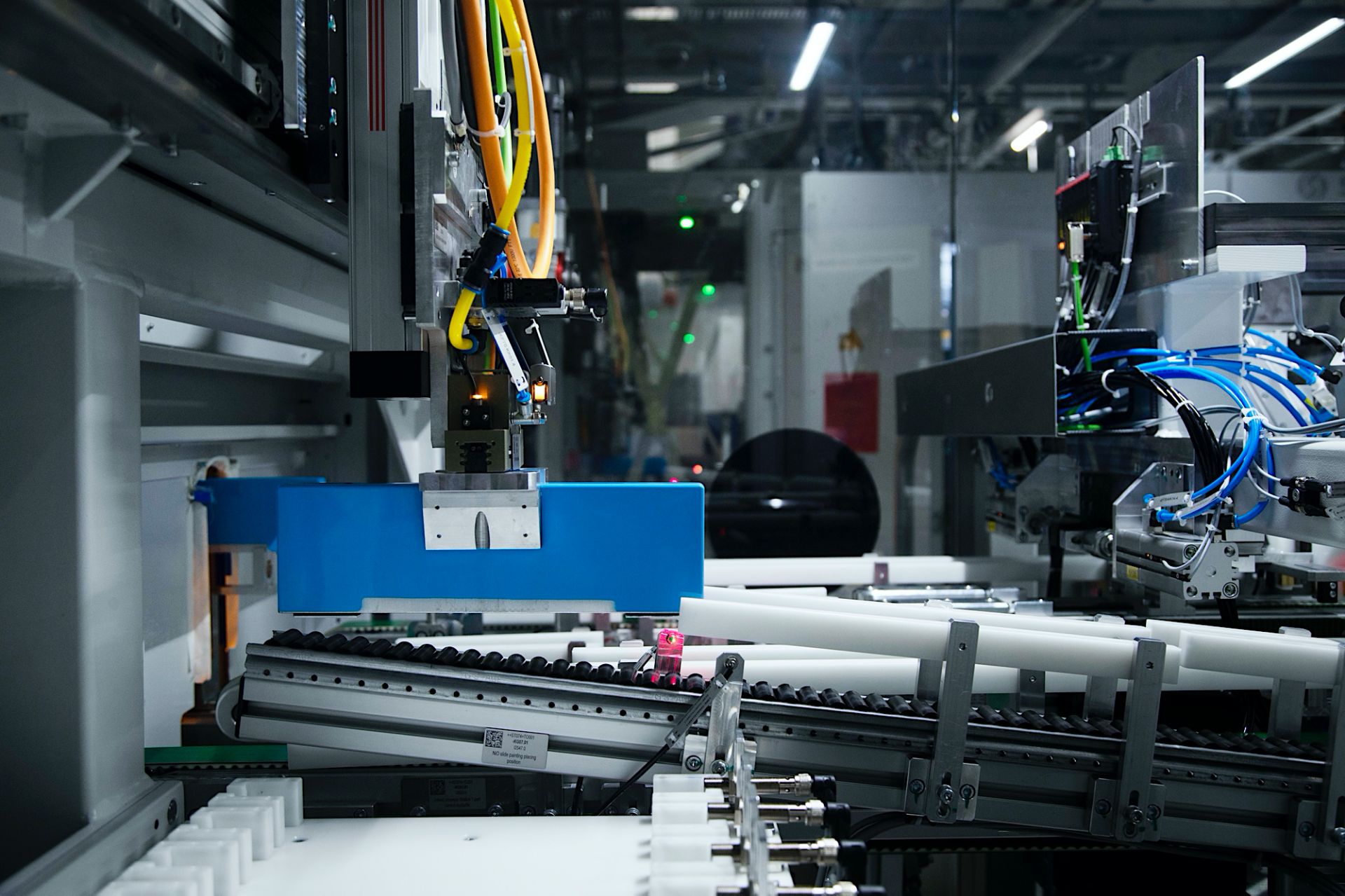BMW Group is expanding its EV battery production capacity by announcing that the Leipzig plant will build battery modules from 2021 to power its electrified vehicles.
By 2022, the group will invest more than €100 million ($116.5 million) in the site to prepare for “the steadily increasing sales of electrified vehicles”. “We are consistently ramping up the production of e-drives to meet our ambitious electric mobility targets,” explained Michael Nikolaides, Head of Planning and Production Engines and E-Drives.
“Just recently, we opened our Competence Center for E-drive Production in Dingolfing and doubled the production capacity for high-voltage batteries at BMW Brilliance Automotive in China by opening another battery center. Now we are also stepping up our battery production output in Germany,” he added.
See Also: BMW Doubles Battery Production Capacity In Spartanburg For X3, X5 PHEVs
Hans-Peter Kemser, Director of BMW Group Plant Leipzig, said the facility will allocate 10,000 square meters (107,639 sq ft) of space for the production of battery modules, with more than 150 people expected to work there by 2022. The large-series production of battery modules in Leipzig is scheduled to start in mid-2021.
The timing is not accidental as, from 2021, one in four BMW Group vehicles sold in Europe is expected to feature an electrified powertrain. By 2025, it will be one in three, and one in two by 2030. In 2023, the BMW Group aims to have 25 electrified models on the road, half of which will be fitted with an all-electric drive.
The Leipzig site is the e-mobility pioneer among the BMW Group’s plants, having built the all-electric BMW i3 since 2013. Up until now, the high-voltage batteries for all electrified BMW and MINI vehicles have been produced at the group’s three in-house battery production facilities in Dingolfing (Germany), Spartanburg (USA) and Shenyang (China).



